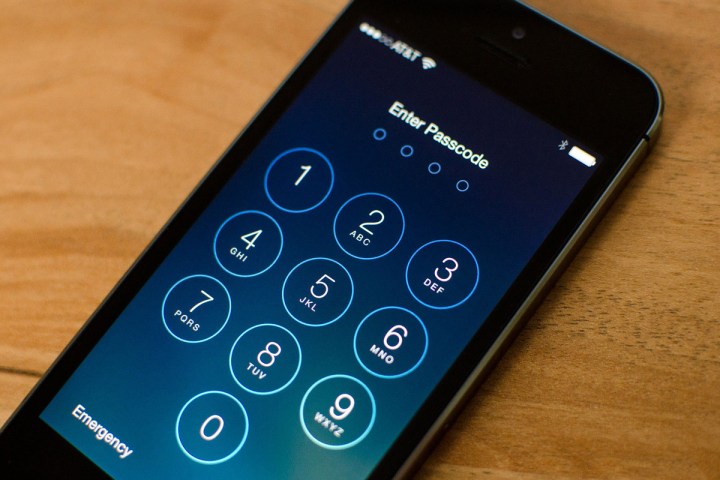
In the latest act of censorship taken by a governmental body, access to the encrypted messaging app Signal has been blocked in the North African nation. Open Whisper Systems, the company that owns Signal, tweeted confirmation of Egypt’s block on Monday afternoon.
We've been investigating over the weekend, and have confirmed that Egypt is censoring access to Signal.
— Signal (@signalapp) December 19, 2016
In a subsequent tweet, the company added that it would “begin deploying censorship circumvention in Signal over the next several weeks. Until then, Tor or a VPN can be used to access Signal.”
The free Android and iOS app allows users to send texts, photos, and videos by way of end-to-end encryption, keeping the contents of the messages safe from prying eyes (including the government and internet service providers). This level of privacy has been widely appreciated by users and other service providers alike — both WhatsApp and Facebook have adopted similar end-to-end encryption features.
But over the weekend, Egyptian Signal users noted that they could neither send nor receive Signal messages using Egyptian IP addresses, Mada Masr reported. At the time, Open Whisper Systems tweeted that “everything is functioning normally on our end.” Within 48 hours, however, this had changed.
This is not the first time Egypt has attempted to censor private communication among its citizenry. As ABC News points out, back in 2011, government officials “cut the internet” in hopes of blunting planned protests and demonstrations against then-President Hosni Mubarak. This proved to be a disastrous move for Egyptian authorities, as demonstrations proceeded despite the lack of the internet in a political uprising that resulted in the ousting of Mubarak.
Currently, no further details surrounding the technical aspects of the Signal censorship have been made available, and Open Whisper Systems has not released any other statements since the afternoon of December 19.


